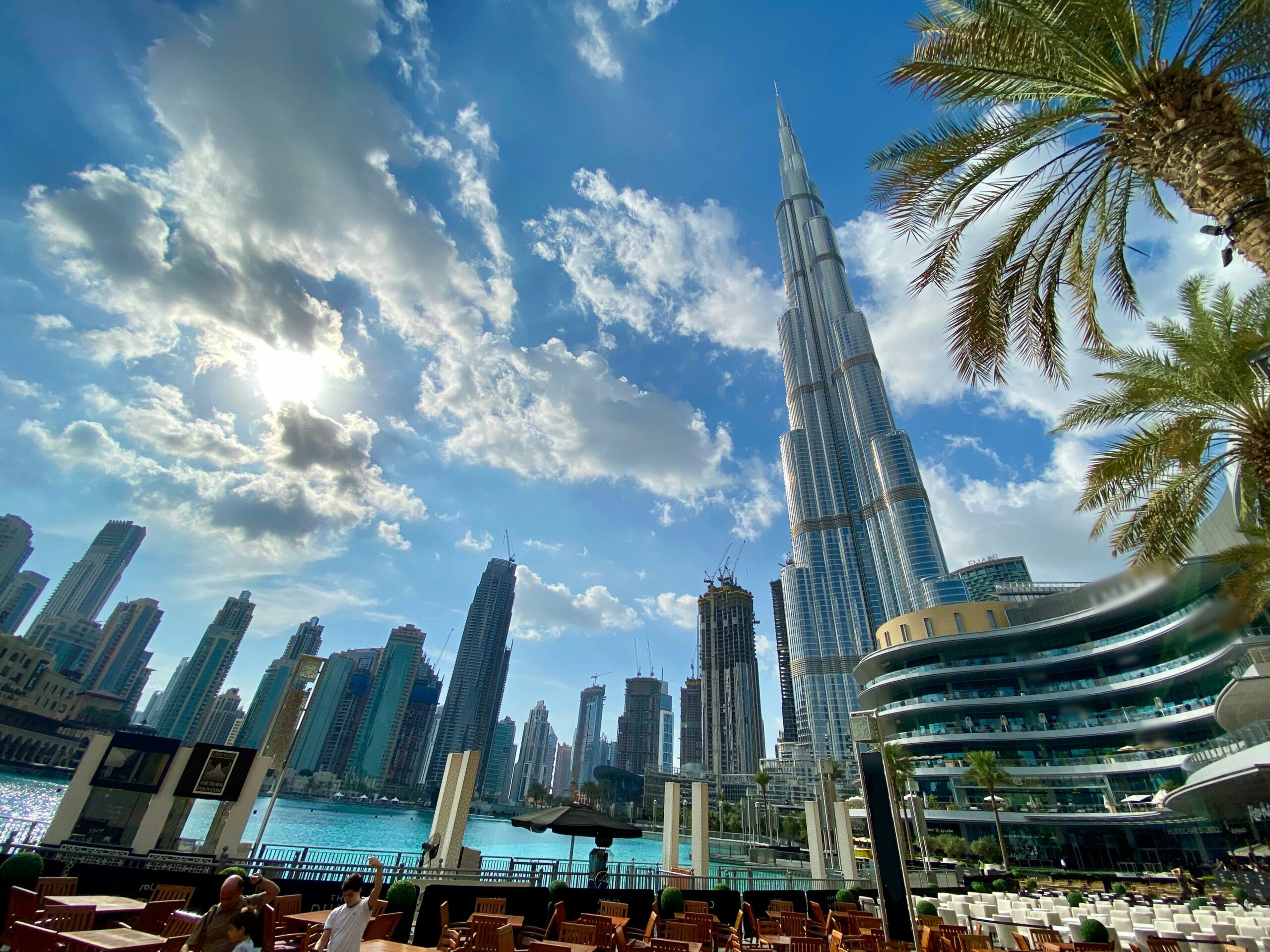In recent years, vertical farms UAE real estate projects have emerged as a revolutionary development in the country’s push towards innovative and sustainable technologies. As the UAE advances its sustainability goals and aims to reduce reliance on food imports, vertical farming is reshaping the real estate landscape.
What are Vertical Farms?
Vertical farms are multi-level indoor farming systems designed to grow crops using controlled environments. These farms use hydroponics, aeroponics, or aquaponics techniques to maximize yield with minimal space and resources. Unlike traditional farming, vertical farms consume less water, require no pesticides, and produce fresh food year-round.
Why Vertical Farms in UAE Real Estate?
The UAE’s harsh climate and scarce arable land make conventional farming challenging. Integrating vertical farms into residential and commercial projects offers several benefits:
-
Efficient Land Use: Vertical farms allow cultivation of large quantities of crops in small footprints, ideal for urban spaces.
-
Sustainability: Reduced water consumption and zero pesticide use align with UAE’s environmental goals.
-
Food Security: Locally grown produce reduces dependency on imports, a key priority for the UAE’s food security strategy.
-
Enhanced Lifestyle: Residents enjoy access to fresh organic produce, promoting healthier living.
-
Economic Opportunities: Vertical farming opens new investment avenues within real estate projects.
Notable UAE Projects Featuring Vertical Farms
Several real estate developers in the UAE are incorporating vertical farming into their upcoming projects:
-
Masdar City: Known for its sustainable design, Masdar integrates vertical farms to support its eco-friendly living concept.
-
Dubai Sustainable City: Features community-based vertical farms to supply fresh produce to residents.
-
Private Luxury Developments: Some high-end residential projects include vertical farm installations as part of smart home amenities.
Challenges and Future Outlook
While vertical farms offer exciting prospects, some challenges remain:
-
High Initial Costs: Setup and technology investment can be expensive.
-
Technical Expertise: Requires skilled management to maintain optimal growing conditions.
-
Scalability: Expanding vertical farms to meet large community demands is still evolving.
Despite these challenges, the UAE government’s commitment to sustainability and innovation ensures vertical farming will play a vital role in shaping the future of real estate.
Conclusion
The rise of vertical farms in UAE real estate projects represents a powerful shift towards sustainable urban living. By combining innovative agricultural technology with modern real estate development, the UAE is setting new standards for green living and food security. Investors, developers, and residents alike stand to benefit from this growing trend that promises healthier lifestyles and a greener future.

